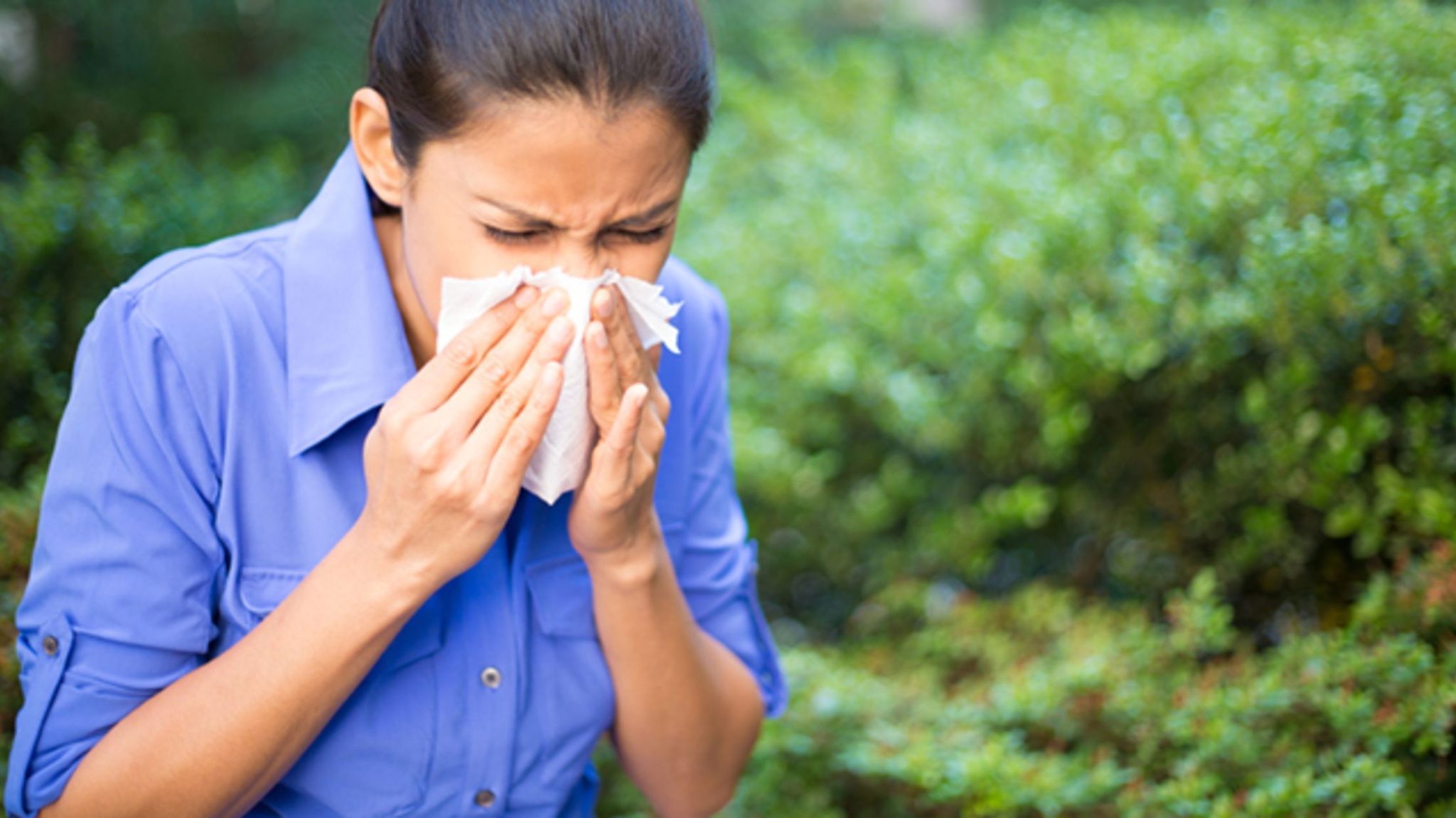
the staff of the Ridgewood Blog
Ridgewood NJ, As many New Jersey residents grumbled through a colder-than-usual winter, allergy sufferers may actually benefit from the chill. The 2025 allergy season in New Jersey could be milder due to the frigid and dry winter, which might reduce the amount of tree pollen this spring.
But don’t get too comfortable—experts warn that allergy forecasts can be unpredictable and heavily dependent on upcoming weather patterns.
“There have been plenty of times when I’ve heard it’s going to be the worst allergy season in 10 years, and then it rains every day, and it’s not,” said Dr. Catherine Monteleone, director of allergy and immunology at Rutgers Robert Wood Johnson Medical School.
🌸 Will Spring 2025 Be a Bad Allergy Season in NJ?
So far, the signs point to a potentially less severe pollen season. According to State Climatologist David Robinson, New Jersey saw an average temperature of 32.3°F from December through February, nearly 2 degrees below normal, with below-average snowfall and limited rain.
This kind of winter typically delays the release of tree pollen, giving allergy sufferers a bit more time to prepare. However, the real impact on allergies depends on how spring weather unfolds.
✅ How to Prepare for Allergy Season Before It Starts
Whether this spring ends up mild or miserable, taking early steps can dramatically reduce your symptoms. Here’s how to stay ahead of the pollen:
1. Get Allergy Tested
If you suspect pollen allergies, see an allergist before the season kicks in.
“An allergist can perform a skin prick test to identify your specific triggers,” says Dr. Eric Winarsky, a New Jersey-based otolaryngologist.
Knowing what you’re allergic to allows you to create a customized treatment and prevention plan.
2. Start Allergy Medications Early
For maximum effectiveness, begin taking antihistamines or other allergy meds 1–2 weeks before your usual symptom onset. This helps build resistance before pollen levels spike.
🛑 Check expiration dates on last year’s meds and stock up on essentials like:
-
Oral antihistamines
-
Nasal corticosteroids
-
Decongestants (as recommended by your doctor)
3. Make Lifestyle Changes to Minimize Exposure
Prevent pollen from sneaking into your home and body with these tips:
-
Check daily pollen forecasts and stay indoors on high-count days.
-
Keep windows closed in your home and car; use air conditioning with HEPA filters.
-
Shower and change clothes after being outdoors.
-
Dry clothes in a dryer, not outside.
-
Wipe down pets after outdoor walks.
-
Wear sunglasses and hats to shield eyes and hair from pollen.
-
Use a neti pot to rinse pollen from nasal passages.
4. Wear a Mask Outdoors
Masks aren’t just for viruses—they can help block airborne allergens, too. High-filtration options like N95, KN95, or KF94 masks can filter out tiny pollen particles, especially useful during:
-
Yard work
-
Hikes
-
High pollen days
“Masks can repurpose well for allergy protection,” says Dr. Winarsky. “If you’ve got some left over, now’s the time to use them.”
🌍 Climate Change and Longer Allergy Seasons
Experts say climate change is making allergy seasons longer and more intense. Rising temperatures lead to:
-
Earlier tree pollen release (sometimes in late winter)
-
Extended grass and ragweed seasons
-
More aggressive pollination
“We’re seeing more tree and flower growth—and more pollination,” notes Dr. Mohammed Younus of Hackensack University Medical Center.
👃 Coping with Allergies: What Else Can You Do?
Here’s a quick checklist of options for managing allergies long-term:
-
🩺 Allergy shots (immunotherapy): Long-term solution for severe allergies; requires regular injections over several years.
-
💊 Experiment with different over-the-counter meds or consult your doctor for prescription options.
-
🧼 Multiple showers a day, especially before bed, to remove pollen from skin and hair.
-
🐾 Reduce pet contact if they’ve been outside—pollen sticks to fur.
-
🚪 Keep windows closed, even on cooler days.
📅 Know Your Allergy Season Timeline in New Jersey
Here’s a seasonal breakdown to help plan ahead:
-
Tree pollen: Early spring
-
Grass pollen: Late spring to early summer
-
Weed pollen (including ragweed): Late summer to early fall
🧠 Final Thoughts: Be Prepared, Not Paralyzed
Even if 2025 starts off mild, it doesn’t mean you’re in the clear. Sudden changes in the weather can cause unexpected allergy flare-ups.
“Just because it’s an average season doesn’t mean someone can’t be miserable for a few days,” said Dr. Monteleone.
The best defense? Knowledge, preparation, and consistency. Monitor forecasts, follow your allergy action plan, and stay ready for whatever spring brings.
I love Wing Bikes. Use my referral link to get a discount now! http://wingbikes.refr.cc/jamesfoytlin?t=tw

“Less severe” seemed like a pretty wrong prediction for this season.